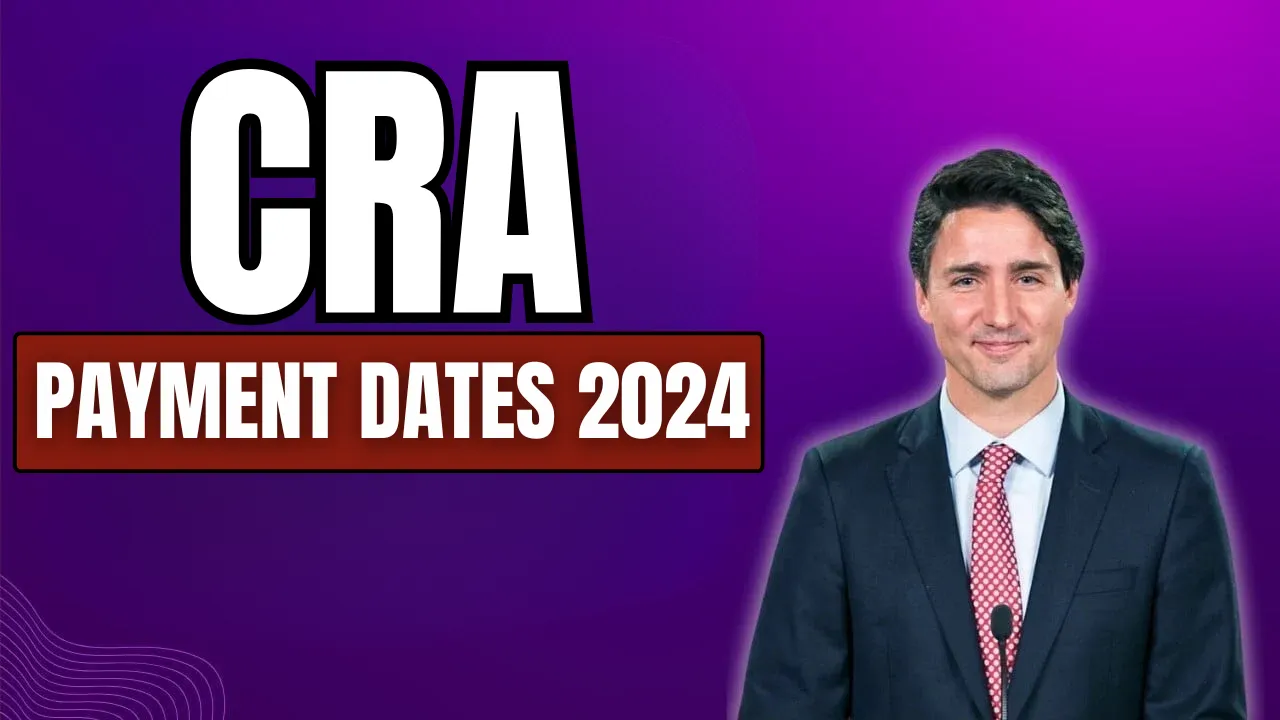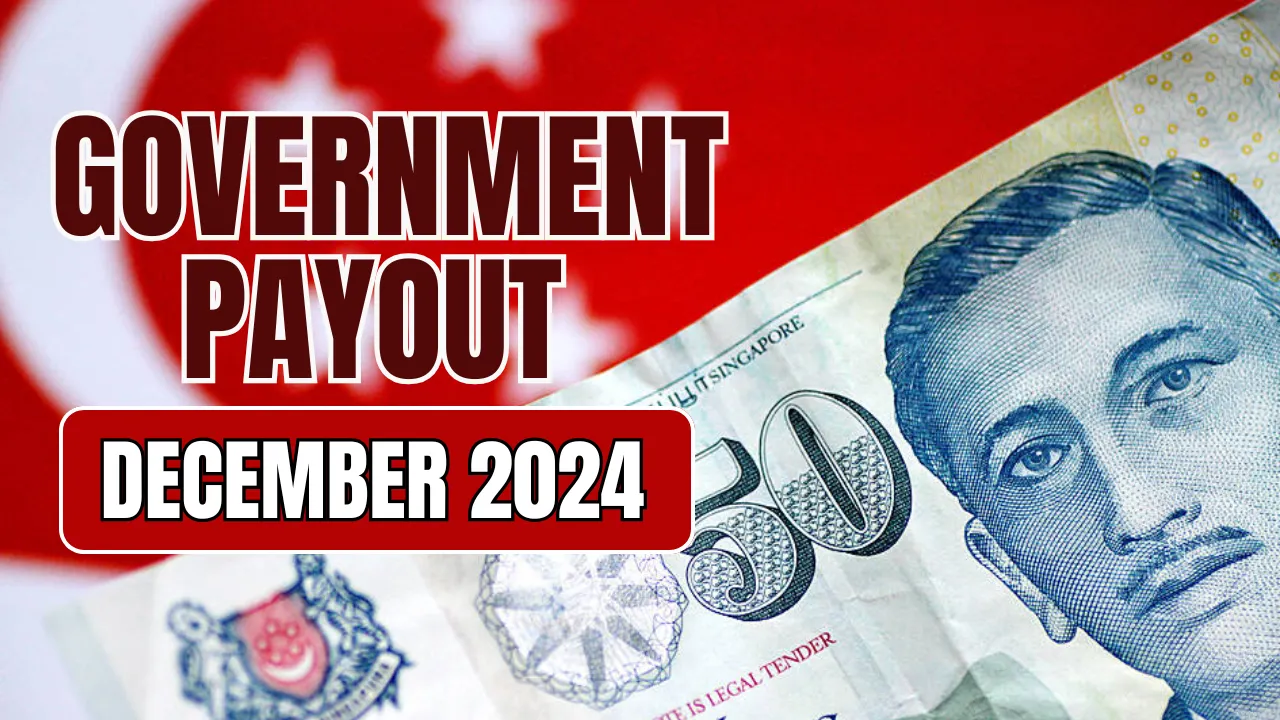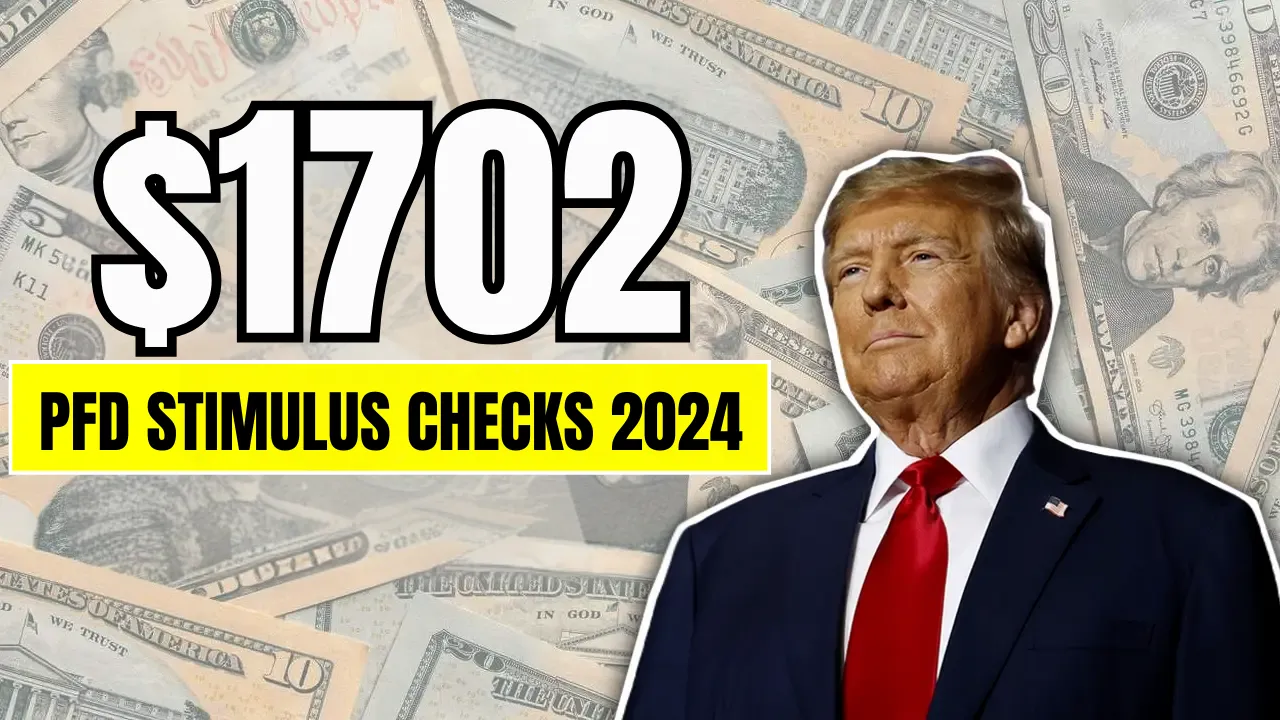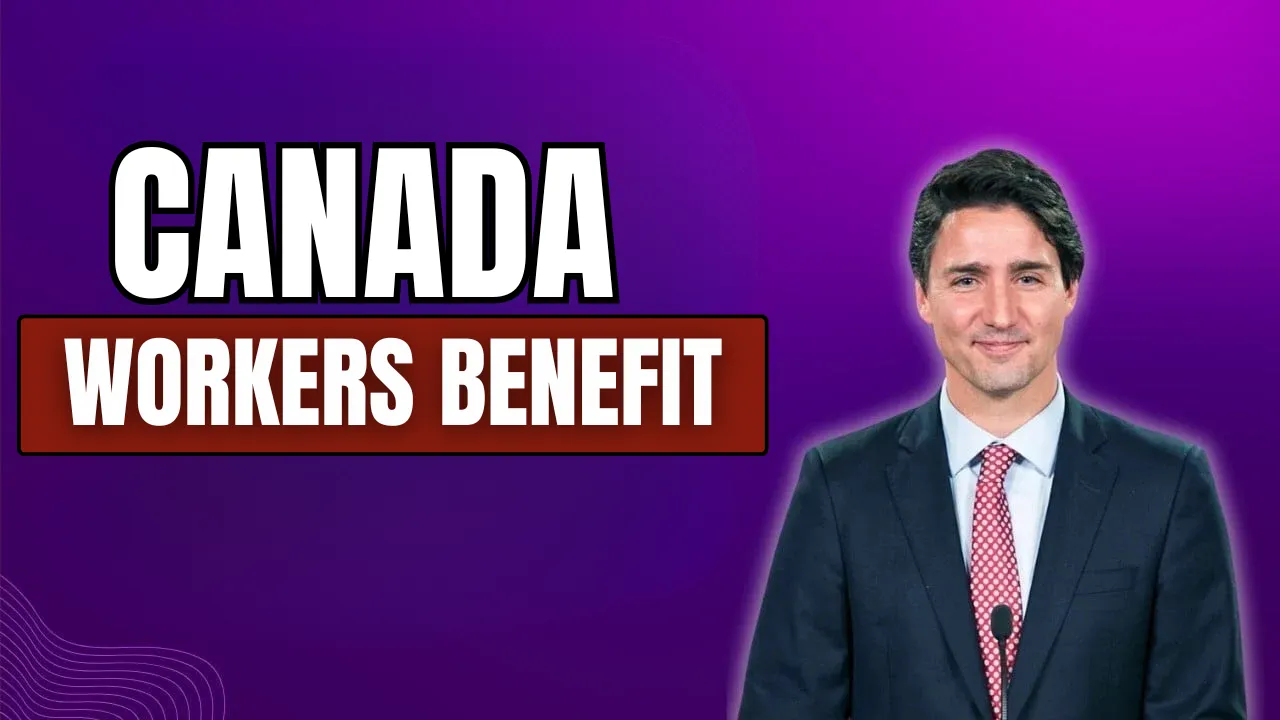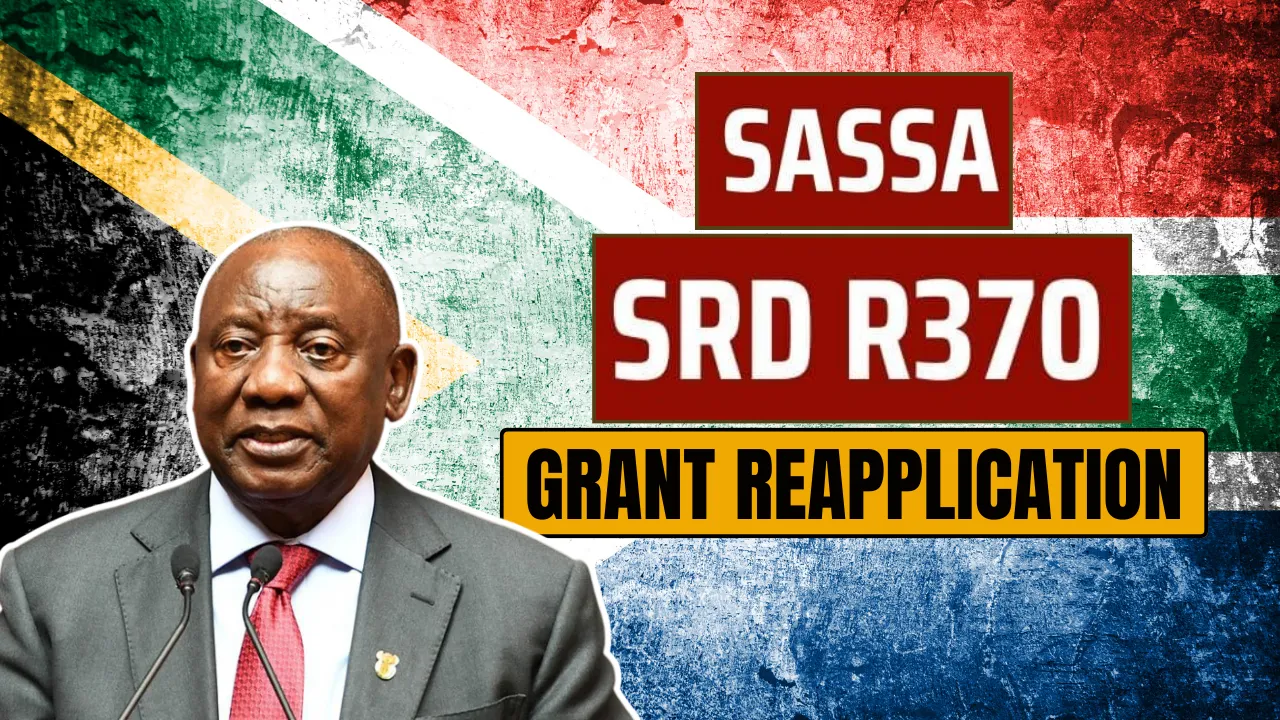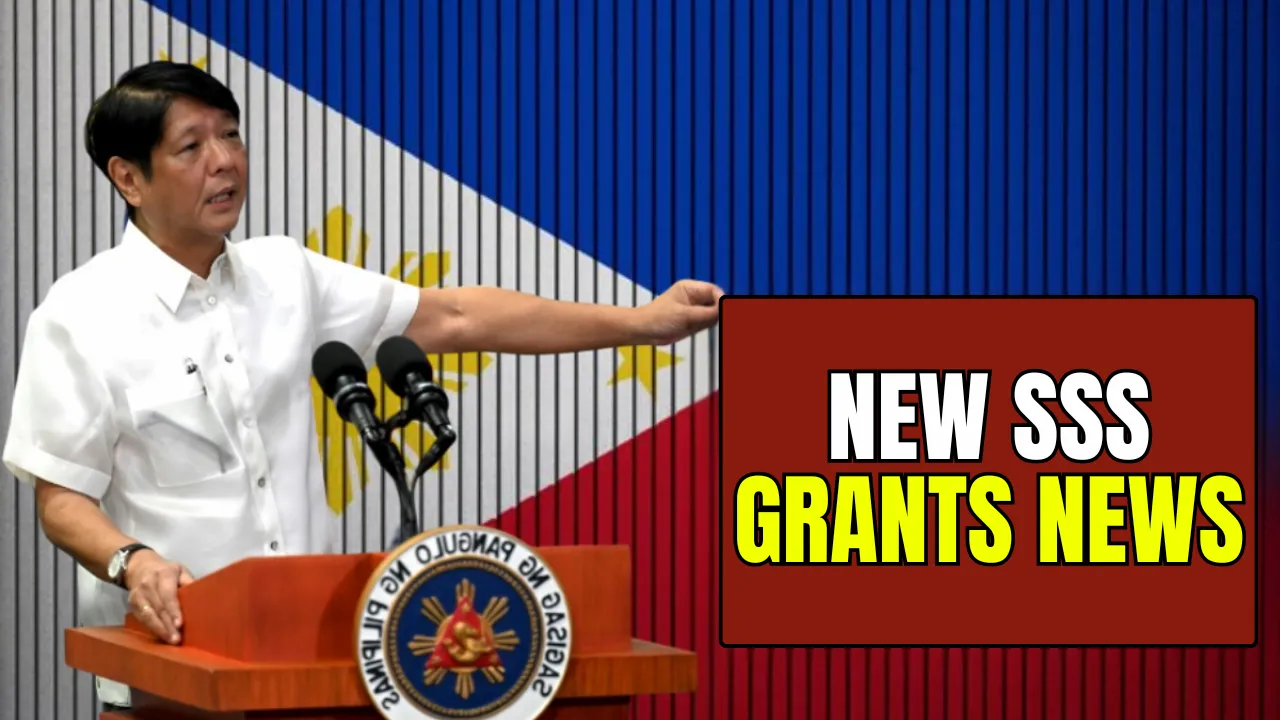$2038 Direct Deposit 2024: As the cost of living continues to rise, discussions around financial relief for vulnerable Americans have gained significant attention. One such proposal is the $2038 Direct Deposit 2024, a potential one-time payment aimed at providing financial support to individuals and families facing economic challenges. While not yet confirmed, this payment has generated interest among beneficiaries of Supplemental Security Income (SSI), Social Security Disability Insurance (SSDI), veterans, and low-income households.
This article delves into the details of the $2038 Direct Deposit 2024, including the proposed eligibility criteria, payment methods, and its potential economic impact. We also outline steps recipients can take to stay informed and avoid falling victim to scams or misinformation.
Overview of the Proposed $2038 Direct Deposit 2024
| Aspect | Details |
| Payment Amount | $2,038 (one-time payment) |
| Target Recipients | SSI and SSDI beneficiaries, veterans, low-income individuals |
| Purpose | Financial relief for essential expenses such as housing, food, and medical costs |
| Eligibility | Likely based on current federal benefit guidelines, income limits, and U.S. residency |
| Payment Method | Direct deposit through Social Security Administration systems |
| Status | Unconfirmed; no official announcement or timeline has been provided |
What is the $2038 Direct Deposit 2024?
The $2038 Direct Deposit 2024 is a proposed one-time payment aimed at providing financial assistance to those most affected by inflation and rising living costs. This initiative is designed to support vulnerable populations, including low-income individuals, veterans, and federal benefit recipients like SSI and SSDI beneficiaries.
If implemented, the payment would help cover essential expenses such as housing, food, medical bills, and transportation. However, it’s important to note that this proposal has not been officially confirmed or legislated. Recipients should rely on credible sources for updates and avoid misinformation.
Who Could Be Eligible for the $2038 Direct Deposit?
While specific eligibility criteria are unconfirmed, the proposed payment would likely align with existing federal benefit guidelines. Here are the groups most likely to qualify:
1. SSI Beneficiaries
Supplemental Security Income (SSI) supports low-income individuals who are aged, blind, or disabled. SSI recipients often qualify for financial relief programs and would likely be included in this initiative.
2. SSDI Recipients
Social Security Disability Insurance (SSDI) provides financial assistance to individuals who cannot work due to a disability. Current SSDI beneficiaries may automatically meet the eligibility requirements.
3. Veterans
U.S. veterans receiving benefits for disabilities or low income are a priority group in most financial assistance programs.
4. Low-Income Individuals
Individuals and families with income levels below federal poverty guidelines are expected to qualify, ensuring that those facing significant economic hardship receive support.
5. Residency Requirements
To qualify, recipients would need to be U.S. residents and provide valid identification, such as a Social Security Number (SSN).
Economic Impact of the $2038 Payment
The potential implementation of the $2038 Direct Deposit program could create significant benefits, both at the household level and for the broader economy:
1. Individual Benefits
Recipients could use the payment to cover essential living expenses such as rent, groceries, and utility bills. This immediate financial relief would reduce stress and improve quality of life for those struggling to make ends meet.
2. Local Economic Growth
The payment could stimulate local economies by increasing consumer spending. This, in turn, could benefit small businesses and create a ripple effect of economic activity within communities.
3. Inflation Mitigation
For low-income households disproportionately affected by inflation, this payment would provide a buffer against rising costs.
How Would Payments Be Distributed?
The Social Security Administration (SSA) would likely oversee the distribution of these payments, leveraging its existing systems to ensure efficient delivery:
1. Direct Deposit
Most payments would be sent via direct deposit to recipients’ registered bank accounts.
2. Alternative Methods
For those without bank accounts, alternative options such as prepaid debit cards or paper checks may be provided.
3. Timeline
Currently, there is no confirmed timeline for distribution. Implementation would depend on administrative approval and processing requirements.
How to Stay Informed About the $2038 Direct Deposit
Given the speculative nature of this proposal, staying informed through credible sources is essential. Here are some tips:
1. Monitor Official Channels
Visit the Social Security Administration’s website regularly for updates on the proposed payment.
2. Beware of Scams
Scammers often exploit rumors about government benefits. Be cautious of unsolicited calls, emails, or messages asking for personal information or payment.
3. Verify Information
Only trust announcements from authorized government websites or official communications.
4. Report Suspicious Activity
If you suspect a scam, report it to the SSA or the Federal Trade Commission (FTC).
Steps to Prepare for Potential Payments
While the payment remains unconfirmed, recipients can take proactive steps to prepare:
- Update Your SSA Records
Ensure your contact details, banking information, and benefit documentation with the SSA are accurate. - Review Current Benefits
Check your eligibility for existing programs and ensure your benefits are up to date. - Maintain Accurate Records
Keep copies of your Social Security Number, benefit letters, and financial documentation. - Stay Financially Organized
Budget your current resources effectively while awaiting updates about the proposed payment.
Protecting Against Scams
The interest surrounding the $2038 Direct Deposit 2024 has led to increased fraudulent activities. Here’s how to protect yourself:
- Never Share Sensitive Information: Avoid sharing your SSN, bank details, or personal information with unverified sources.
- Ignore Fee Requests: Legitimate government programs do not require fees for benefit payments.
- Validate Communication: Verify any emails, calls, or letters by contacting the SSA directly.
- Report Fraud: Inform the SSA or FTC about suspicious communications.
Frequently Asked Questions (FAQs)
Is the $2038 Direct Deposit confirmed?
No, the payment remains unconfirmed. No official announcement or legislation has been passed regarding this proposal.
Who would qualify for the payment?
Likely recipients include SSI and SSDI beneficiaries, veterans, and low-income individuals. Eligibility would align with federal benefit guidelines.
How would the payment be distributed?
Payments would likely be distributed via direct deposit to registered bank accounts, with alternative options for unbanked recipients.
Final Thoughts
The $2038 Direct Deposit 2024 proposal has generated significant interest among vulnerable populations. If implemented, it could provide essential financial relief for millions of Americans. However, it’s crucial to recognize that this payment is currently unconfirmed.
Stay informed by monitoring updates from trusted government sources like the Social Security Administration. Be cautious of misinformation or scams, and take proactive steps to ensure your benefit records are accurate. By remaining vigilant and prepared, you can maximize your access to any future financial assistance programs.

